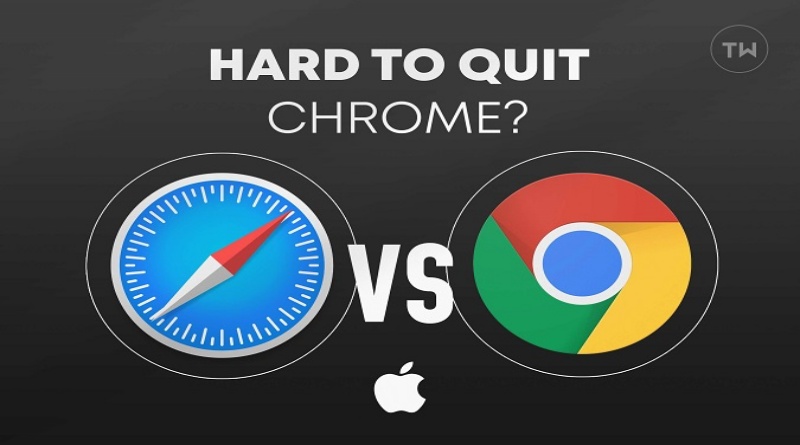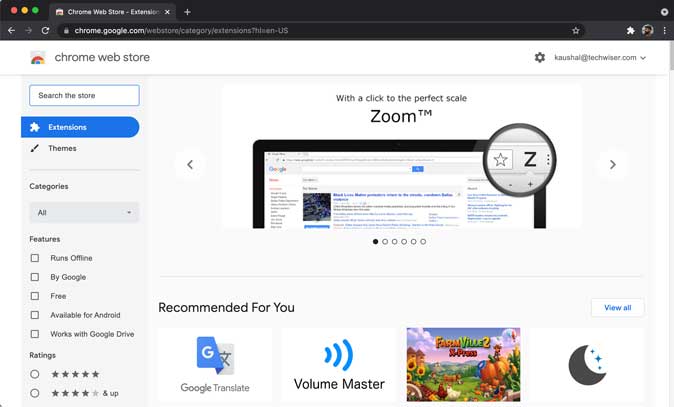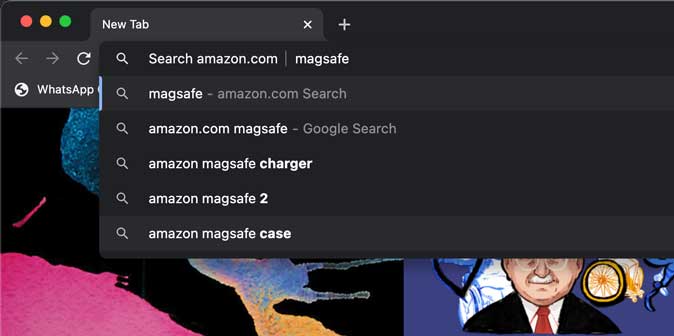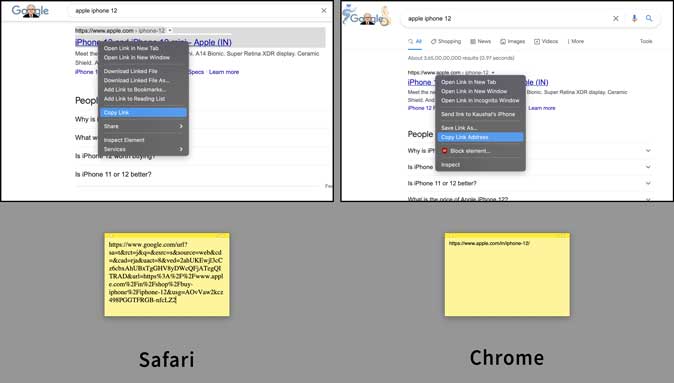Safari vs Chrome on Mac: Why Is It Hard to Quit Google Chrome

Chrome has been my choice of desktop web browser for a while now. Whether I use a Mac or Windows, I need Chrome and its many services to execute my workflow. However, I decided to switch to Safari to answer this simple question — how hard it really is to quit Google Chrome? The short answer is — very. That’s why I did a point-by-point comparison and boiled down my thoughts into the following points below. Let’s see how Safari compares with Chrome on MacBook.
Safari vs Chrome on Mac
I’ll be comparing the latest versions of both web browsers as these were the ones I used while testing. Safari comes installed on macOS 12 Monterey and Google Chrome 91.
1. Extensions
Right off the bat, Chrome has the best extensions of the two. This is one of the reasons Safari lags behind because creating and implementing an extension is much easier on Chrome than it is on Safari. To name a few, I use uBlock origin, Hoverzoom+, and Stayfocusd to streamline my workflow. When I switched to Safari, I couldn’t find a comparable extension of the Chrome counterparts. However, Safari does has its fair share of extensions but the number is much smaller than Chrome.

So, summing up, if you have a dependency on a lot of Chrome extensions then you may have a hard time finding switching to Safari.
2. Press Tab to Search
When using Chrome, there were a lot of little features that became ingrained in my workflow, and moving to Safari made me realize how much I used them. For example, whenever I need to quickly search a website, I simply type the website’s name and press the tab button to search the website instead of Google. It saves me a few clicks and is totally worth it. This feature is nowhere to be found on Safari.

This next feature is a little weird one. It only affects my workflow so it may not be relevant to you but I should mention it. Whenever I need to paste a link to a webpage, I google it and copy the link from the Google search results page and paste it directly over a selected text in WordPress or Google Docs.

When using Chrome, right-clicking and copying a link directly from the google search results actually fetches the site’s link sans Google Search’s tracking details. However, when you do the same thing in Safari, it copies Google’s redirect link. This means if you need to copy a link from a Google Search results page, you need to first click the link, wait for it to load, and then copy the link from the address bar. It’s unnecessarily inconvenient.
3. Battery Life
As much as I like Chrome, it is an absolute battery hog, no doubt, and no other browser can beat the level of optimization Safari offers. Chrome generates separate instances for each tab and allocates resources to background processes and extensions. This is why Chrome constantly craves resources and memory which results in poor battery life and sometimes, even computer performance.

Safari, on the other hand, has improved upon the already watertight optimizations and offers a significant bump in battery life. The Mac on which I tested both Chrome and Safari performed considerably well when I used Safari. The difference was significant and visible.
4. Privacy and Security
Both Chrome and Safari provide a pristine security infrastructure while browsing the internet. However, privacy is an entirely different ball game. Apple and Google are polar opposites when it comes to user privacy. For example, Safari offers inbuilt options to block cookies, prevent cross-site tracking, and hide your IP address from websites and trackers.

Even though both Chrome and Safari have Incognito and private browsing modes, Google Chrome doesn’t hide your identity while browsing the internet. Meaning, advertisers would still be able to profile you and track your whereabouts.
5. Reader Mode
When Safari does something right, it’s worth mentioning. The reader mode on Safari is a nice addition and elevates the experience when you want to give your bookmarked websites a read. It’s intuitive, works with a single click, and is really easy on the eyes. Chrome, unfortunately, doesn’t have this feature built-in.

Verdict: Safari vs Chrome on Mac
Safari and Chrome are a few of the most popular browsers for Mac. Chrome is famous for its ease of use. Safari is better in the privacy area with its tracker blocking and IP hiding features. However, my question at the beginning of this article was that why is it so hard to quit Google? The answer is that Chrome definitely makes your life easier by offering real solutions to existing problems. The “press tab to search” a website is a godsend. There is an extension for just about everything. However, it does lack on the privacy front.
So, if you need a reason to switch to Safari then it’s privacy and optimization on Mac. Everything else is manageable on both browsers.


